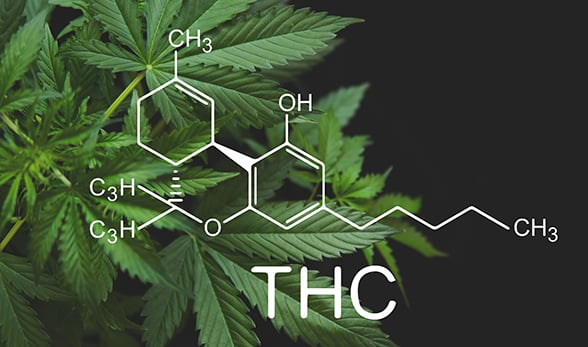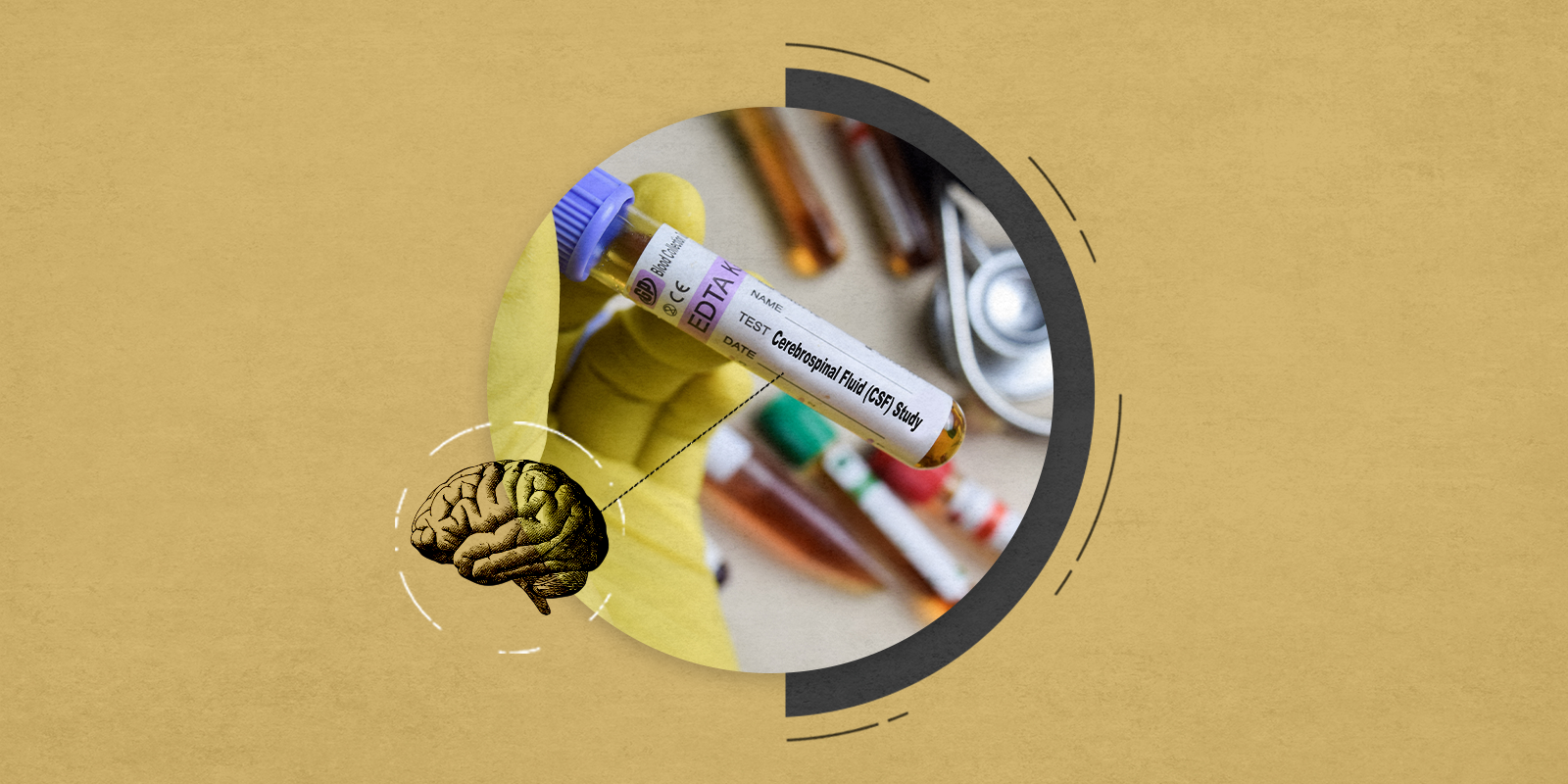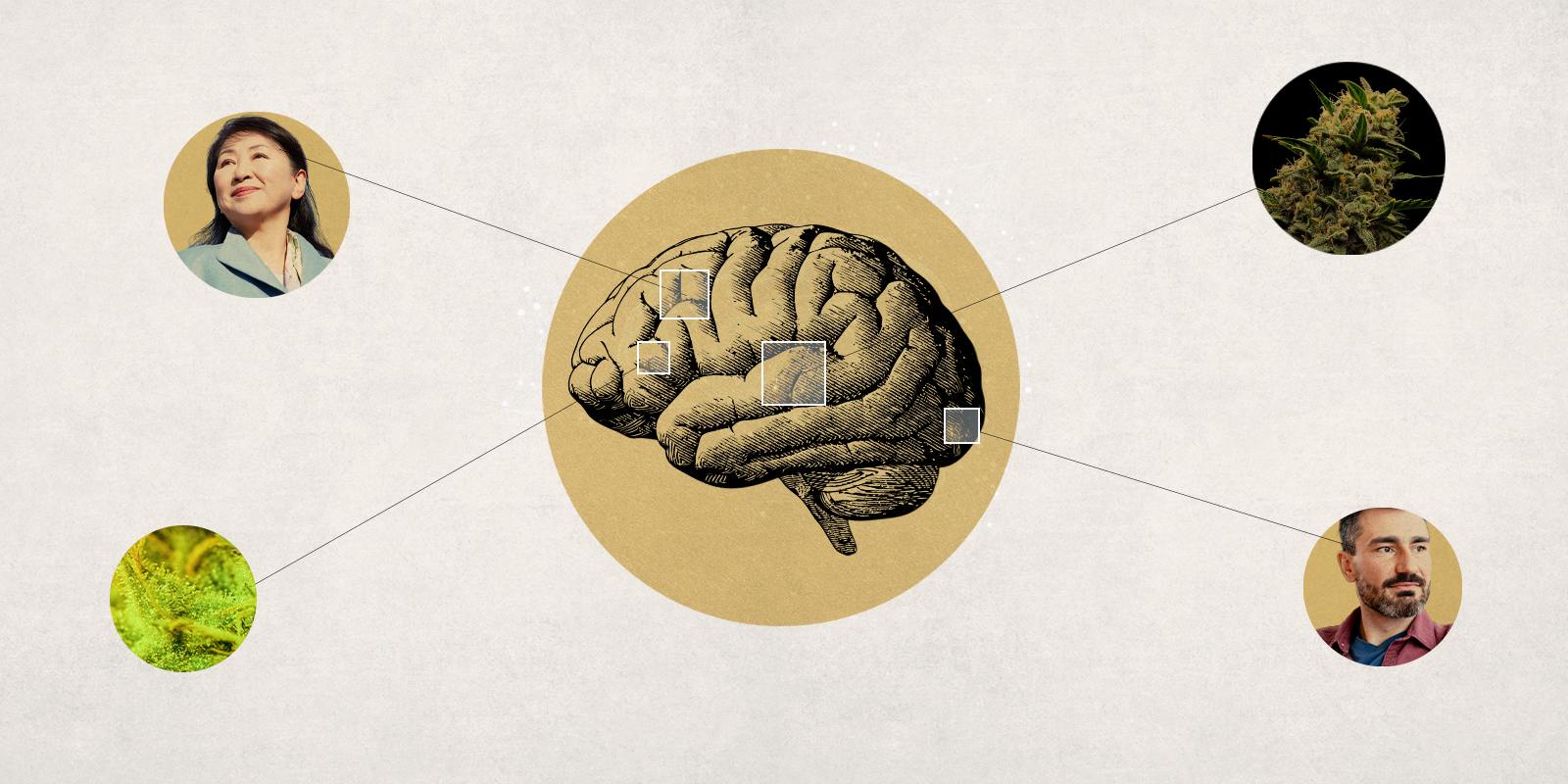Whether people use cannabis to induce sleep, relieve symptoms or relax during downtime, a vehicle crash or accident at work could leave them in jail or the unemployment line. Frequent users can lose their jobs or face criminal charges, even if their last puff or gummy was days or weeks prior to an incident.
Drug tests commonly used today cannot reliably detect how recently someone used cannabis or even whether they were impaired when an accident occurred. Blood tests used by law enforcement typically measure THC (Delta 9-tetrahydrocannabinol), the chief psychoactive component of the drug.
“Since THC accumulates and lingers in fat tissue, daily cannabis users may maintain constant elevations of THC in the blood even long after the psychoactive effects abate,” said Michael Kosnett, MD, MPH, an associate adjunct professor and cannabis researcher at the Colorado School of Public Health in the Department of Environmental & Occupational Health.

The chemical formula of Delta 9-tetrahydrocannabinol (THC), the component of cannabis normally tested for in drivers. |
Now that cannabis has joined alcohol on the legal substance list, the importance of fixing the shortfalls of the widely used tests has escalated, Kosnett said.
“There has been a lot of concern about whether the use of cannabis has been associated with an increased risk of motor vehicle crashes or accidents in the workplace.”
When careers and criminal records are at stake, accuracy is crucial, Kosnett said. In a recent study published in June in Clinical Toxicology, he and colleagues looked at metabolite ratios as indicators rather than THC alone and found a 98% specificity rate in determining whether a person had used cannabis in the past 30 minutes.
Kosnett, the lead author of the study, shared more about his team’s work and what it means in the condensed Q&A below.





